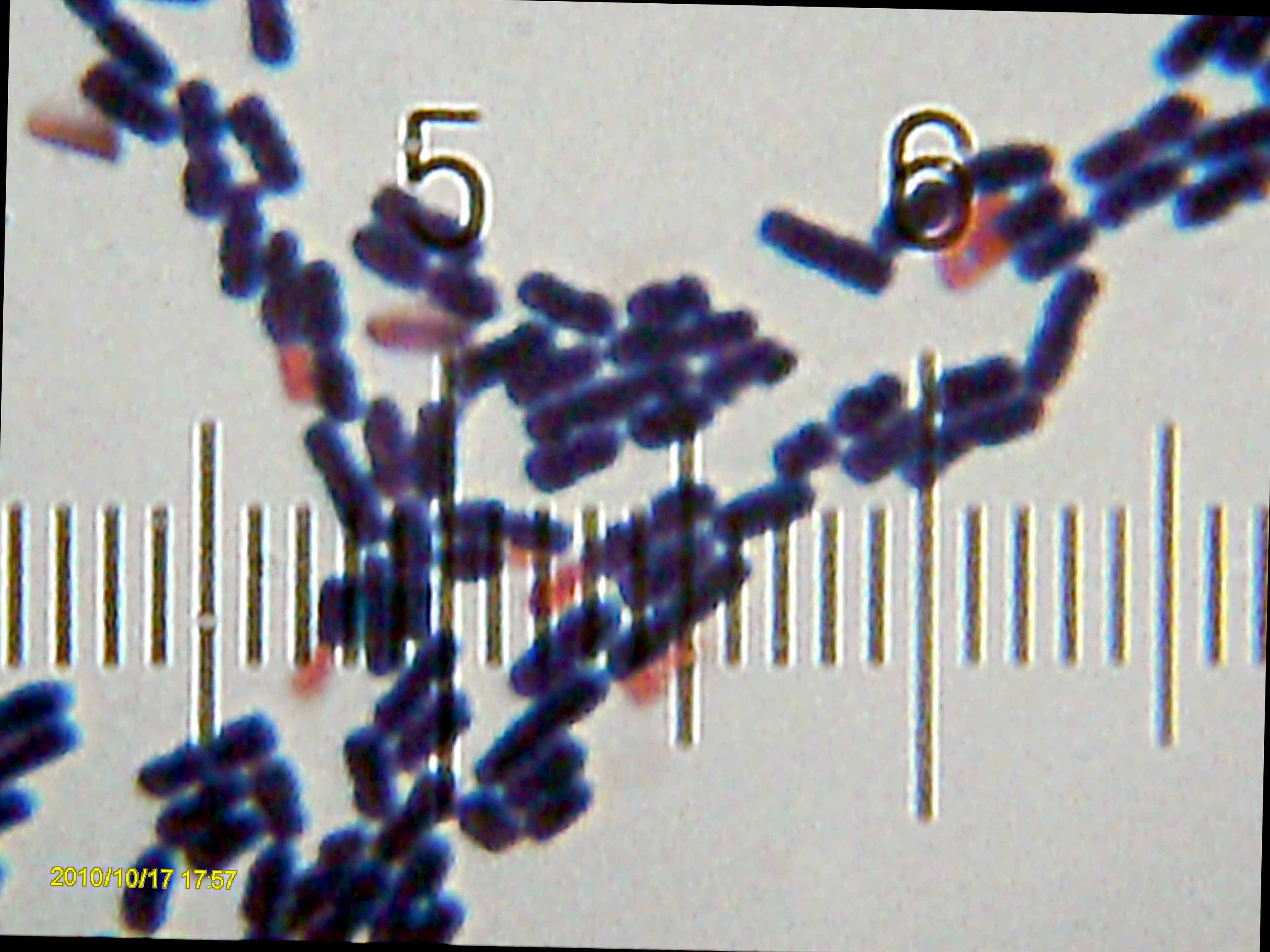|
Alkalibacillus Haloalkaliphilus
''Alkalibacillus haloalkaliphilus'' is a obligately alkaliphilic and extremely halotolerant bacterium from the genus ''Alkalibacillus ''Alkalibacillus'' is a genus in the phylum Bacillota (Bacteria). Etymology The name ''Alkalibacillus'' derives from:New Latin noun ''alkali'' (from Arabic article ''al'', the; Arabic noun ''qaliy'', ashes of saltwort), alkali; Latin masculine g ...''. References Bacillaceae Bacteria described in 1996 {{Firmicutes-stub ... [...More Info...] [...Related Items...] OR: [Wikipedia] [Google] [Baidu] |
Alkaliphilic
Alkaliphiles are a class of extremophilic microbes capable of survival in alkaline ( pH roughly 8.5–11) environments, growing optimally around a pH of 10. These bacteria can be further categorized as obligate alkaliphiles (those that require high pH to survive), facultative alkaliphiles (those able to survive in high pH, but also grow under normal conditions) and haloalkaliphiles (those that require high salt content to survive).HORIKOSHI, KOKI. "Alkaliphiles: Some Applications of Their Products for Biotechnology." MICROBIOLOGY AND MOLECULAR BIOLOGY REVIEWS 63.4 (1999): 735-50. Print. Background information Microbial growth in alkaline conditions presents several complications to normal biochemical activity and reproduction, as high pH is detrimental to normal cellular processes. For example, alkalinity can lead to denaturation of DNA, instability of the plasma membrane and inactivation of cytosolic enzymes, as well as other unfavorable physiological changes.Higashibata, Akira ... [...More Info...] [...Related Items...] OR: [Wikipedia] [Google] [Baidu] |
Halotolerant
Halotolerance is the adaptation of living organisms to conditions of high salinity. Halotolerant species tend to live in areas such as hypersaline lakes, coastal dunes, saline deserts, salt marshes, and inland salt seas and springs. Halophiles are organisms that live in highly saline environments, and require the salinity to survive, while halotolerant organisms (belonging to different domains of life) can grow under saline conditions, but do not require elevated concentrations of salt for growth. Halophytes are salt-tolerant higher plants. Halotolerant microorganisms are of considerable biotechnological interest. Applications Fields of scientific research relevant to halotolerance include biochemistry, molecular biology, cell biology, physiology, ecology, and genetics. An understanding of halotolerance can be applicable to areas such as arid-zone agriculture, xeriscaping, aquaculture (of fish or algae), bioproduction of desirable compounds (such as phycobiliproteins or carotenoid ... [...More Info...] [...Related Items...] OR: [Wikipedia] [Google] [Baidu] |
Alkalibacillus
''Alkalibacillus'' is a genus in the phylum Bacillota (Bacteria). Etymology The name ''Alkalibacillus'' derives from:New Latin noun ''alkali'' (from Arabic article ''al'', the; Arabic noun ''qaliy'', ashes of saltwort), alkali; Latin masculine gender noun ''bacillus'', rod; New Latin masculine gender noun ''Alkalibacillus'', bacillus living under alkaline conditions. Species The genus contains 8 species (including basonyms and synonyms), namely * '' A. aidingensis'' ( Li et al. 2021) * '' A. almallahensis'' ( Perez-Dav et al. 2014 ) * '' A. filiformis'' ( Romano ''et al''. 2005, ; Latin noun ''filum'', a thread; Latin suff. -''formis'' (from Latin noun ''forma'', figure, shape, appearance), -like, in the shape of; New Latin masculine gender adjective ''filiformis'', thread-shaped.) * '' A. flavidus'' ( Yoon ''et al''. 2010, ; Latin masculine gender adjective ''flavidus'', pale yellow.) * '' A. haloalkaliphilus'' ( (Fritze 1996) Jeon ''et al''. 2005, (Type species of the genus). ... [...More Info...] [...Related Items...] OR: [Wikipedia] [Google] [Baidu] |
Bacillaceae
The Bacillaceae are a family of gram-positive, heterotrophic, rod-shaped bacteria that may produce endospores. Motile members of this family are characterized by peritrichous flagella. Some Bacillaceae are aerobic, while others are facultative or strict anaerobes. Most are not pathogenic, but ''Bacillus'' species are known to cause disease in humans. Gram-variable cell wall Some Bacillaceae, such as the genera '' Filobacillus, Lentibacillus,'' and '' Halobacillus'', stain Gram-negative or Gram-variable, but are known to have a Gram-positive cell wall.Lim, J.M., Jeon, C.O., Song, S.M., and C.J. Kim. 2005''Pontibacillus chungwhensis gen. nov., sp. nov., a moderately halophilic Gram-positive bacterium from a solar saltern in Korea'' Int. J. Syst. Evol. Microbiol. 55:165-170. Nomenclature Taxa within this family are sometimes colloquially identified as bacilli. However, this term is ambiguous because it does not distinguish between class Bacilli, order Bacillales, family Bacilla ... [...More Info...] [...Related Items...] OR: [Wikipedia] [Google] [Baidu] |
